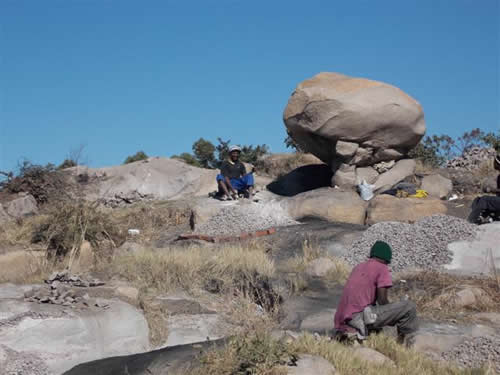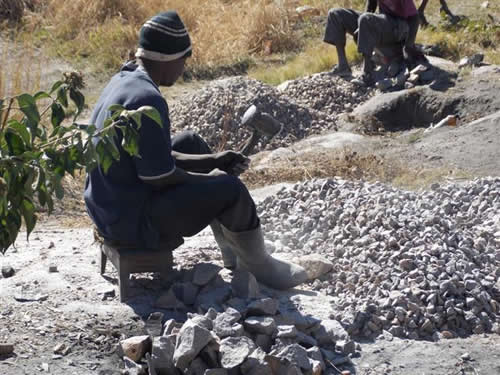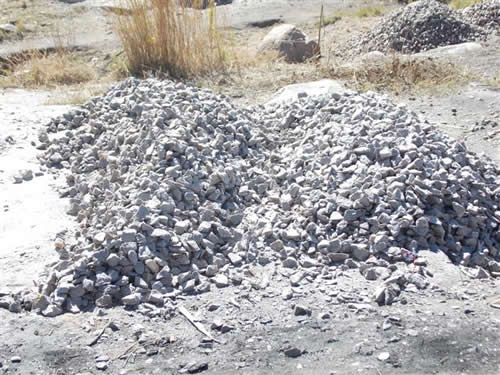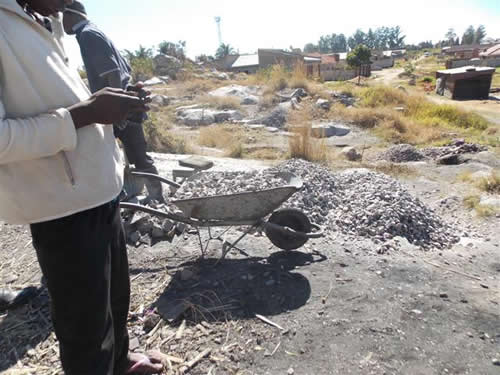Promises, promises
Thursday, July 11th, 2013 by Lenard KamwendoIn the past five years these two parties have worked together in an inclusive government. More plundering than job creation happened. Now that 31st of July is just three weeks away we are being promised over a million jobs and a growing economy. Going for this election both parties know that youths want jobs so its no wonder there are promises of jobs but some figures are just too good to be true. I had some time today comparing the two parties’ manifestos and here I quote some interesting hopes and dreams.
The 2013 field is set and this year it seems it’s all about JUICE for the players if they are going to score “Bhora Mugedhi”.
MDC-T highlights that,
“The MDC plan is aimed at uplifting all citizens in all corners of the country and will create 1 million jobs by 2018 and a $100 billion economy by 2040.”
27 years of one party rule so that the economy dream is fulfilled? I don’t think so.
In every match coaches battle to come up with strategies to counter opponents and since MDC-T is already attacking, not be outdone ZANU-PF is also on the offensive hoping to score “Bhora Mugedhi” with 2,265 million jobs in the next five years.
“Creating value of US$7,3 billion from the indigenisation of 1,138 companies across 14 key sectors of the economy and over US$1,844,223,157,000 created from the idle value of empowerment assets unlocked from parastatals, local authorities, mineral rights and claims and from the State.”
There are also promises from Zanu PF for more flea and vendor market stands to be created and houses for low-income earners. And this comes along with revolutionary commitment to address and meet the goals of all Zimbabweans regardless of their social, economic, cultural or ethnic affinity, background or affiliation.
With all this on the table I wonder what strategy the merged team of MDC-N and ZAPU will have to come up with to defeat this leading pack?















